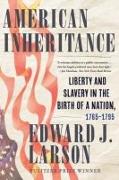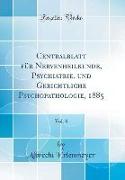American Inheritance
BücherAngebote / Angebote:
New attention from historians and journalists is raising pointed questions about the founding period: was the American revolution waged to preserve slavery, and was the Constitution a pact with slavery or a landmark in the antislavery movement? Leaders of the founding who called for American liberty are scrutinized for enslaving Black people themselves: George Washington consistently refused to recognize the freedom of those who escaped his Mount Vernon plantation. And we have long needed a history of the founding that fully includes Black Americans in the Revolutionary protests, the war, and the debates over slavery and freedom that followed.
We now have that history in Edward J. Larson's insightful synthesis of the founding. With slavery thriving in Britain's Caribbean empire and practiced in all of the American colonies, the independence movement's calls for liberty proved narrow, though some Black observers and others made their full implications clear. In the war, both sides employed strategies to draw needed support from free and enslaved Blacks, whose responses varied by local conditions. By the time of the Constitutional Convention, a widening sectional divide shaped the fateful compromises over slavery that would prove disastrous in the coming decades. Larson's narrative delivers poignant moments that deepen our understanding: we witness New York's tumultuous welcome of Washington as liberator through the eyes of Daniel Payne, a Black man who had escaped enslavement at Mount Vernon two years before. Indeed, throughout Larson's brilliant history it is the voices of Black Americans that prove the most convincing of all on the urgency of liberty.
Folgt in ca. 10 Arbeitstagen




